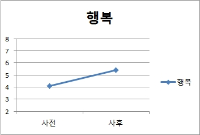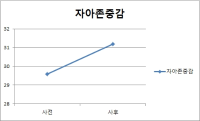The purpose of this study was to examine psychological capital acquisition through Asian Games Participation. 17 of national women football players were completed Psychological Capitals Questionnair. The psychological capital consists of optimism, psychological skills, self-management, collective efficacy, and performance perception was investigated after the team call-ups and before the team-release. The data was analyzed by paired t-test. As results, Korean women football players’ collective efficient and performance perception showed a statistical significance at the beginning of the team call-ups but optimism, psychological skills, and self-direction did not show statistic significances. The team-harmony, interpersonal-management, team-power, sufficient training, trust in coach, efficient communication, and psychological football factors, which were subfactor of football players’ psychological capital, showed statistical significances. However, confidence, concentration, goal-setting, imagery, willpower, anxiety-control, mental-management, life-management, training-management, innate-behavior management, physical-management, football skills, mediative skills, and football intelligence factors did not have statistic significances. These results demonstrate that effects of mega sporting events-like experiences and psychological factors’ variability and inflexibility according to weather changes should be considered when it comes to discussion of psychological factors regarding players’ performance. It is expected that this study would be a fundamental resource for understanding of psychological influences through participations in mega sporting events and discussions about further psychological interventions for teams with environmental consideration as well as methodological developments which could measure effects of the psychological interventions.

Purpose The goal of this study was to investigate the application effect of strength-based positive psychology intervention to elite archers. Methods Total of 20 elite archers participated in this study. Treatment group consisted of 10 elite archers participated in the strength-based positive psychology intervention for 8 weeks. Each individual responded the questionnaires in pre- and post-treatment sessions. Data were analyzed by repeated-measure ANOVA. Furthermore, archers participated in the program responded to in-depth interviews. Results According to the results, participants in strength-based positive psychology intervention showed that significantly increased strength knowledge, strength use, and optimism in the post–treatment compared to the pre-treatment session while control group did not show significant changes. In addition, archers perceived that there were positive effect on thinking ·coping and their self-confidence and self-esteem enhanced after participating the program. Conclusion The results of this study suggested that strength-based positive psychology intervention has positive impact on athlete’s wellbeing and perception of individuals strength and can be applicable to different sports field.

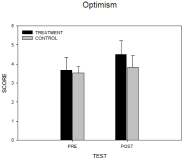
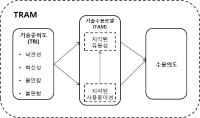
The current study was aimed to examine acceptance intention of sports Wearable products using the Technology Readiness and Acceptance Model. Data were drawn from 271 consumers in their 20s and 30s. Data were analyzed through frequency analysis, exploratory factor analysis, confirmatory factor analysis, reliability analysis, correlation analysis, simple regression analysis and multiple regression analysis using SPSS 20.0 and AMOS 20.0 program. The results were as follows: First, optimism had a positive effect on perceived usefulness but innovativeness, discomfort and insecurity did not affect perceived usefulness. Second, optimism and innovativeness had a positive effect on perceived ease of use and discomfort had a negative effect on perceived ease of use but insecurity did not affect perceived ease of use. Third, perceived ease of use had a positive effect on perceived usefulness. Fourth, perceived usefulness and perceived ease of use had a positive effect on acceptance intention.

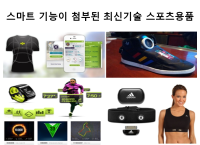
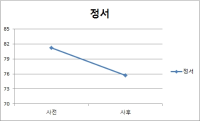
Purpose The purpose of this study was to examine the effects of positive psychological intervention program on mood state, self-esteem and happiness of university student athletes. Methods The participants were 10 university student athletes. The measures utilized the Profile of Mood States(POMS), self-esteem inventory and happiness questionnaire. Positive psychological intervention program was developed by previous studies, participants interview and expert discussion. The positive psychological intervention program were managing life, self-esteem enhancing program, being optimistic, positive emotion program, gratitude, forgiveness, communication skill training program, habit/routine making program and action strategy development. The data were analyzed by SPSS 20.0. Results These results were as followings. Firstly, positive psychological intervention program decreased total mood disturbance(TMD) of university student athlete. Secondly, positive psychological intervention program improved self-esteem of university student athletes. Lastly, positive psychological intervention program increased happiness level of university student athletes. Conclusion Training and education system should be established in which a positive psychological intervention program can be applied to university student athletes.

